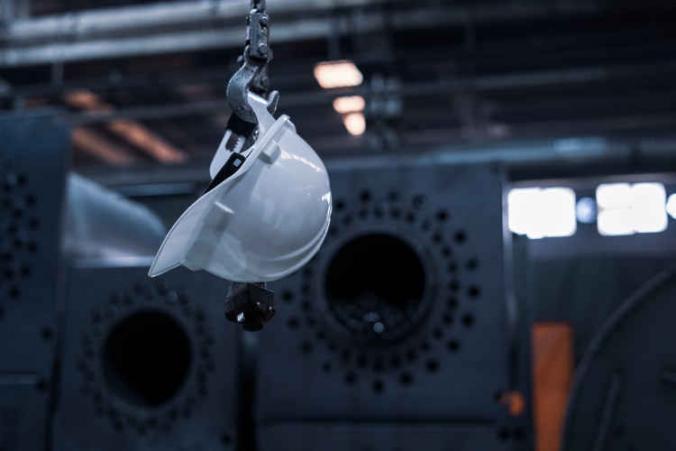Did you know the Department of Labor and Industries (L&I) must provide interpreter services to work injury claimants with limited English skills? To meet this responsibility, L&I requires health care and vocational providers to determine if they need an interpreter. Here, the healthcare or vocational provider must arrange and confirm the interpreter for appointments. Moreover, interpreter must carry a certification and must have an active L&I provider identification.
L&I claim online interpretation services
English is a second language for many people with a workers compensation claim or work injury claim. In fact, there are many work injury claimants that their native language is Spanish, Thai, Russian, Chinese or another common language. Under RCW 39.26.300 enacted in 2018, L&I had to review its interpreter services process. Then, following the review, L&I announced changes to interpreter services starting in Fall 2020. Specifically, L&I will continue to use independent interpreters in some cases. However, L&I is also launching a new online spoken-language interpretation scheduling system.
L&I chose Interpreting-Works to implement and administer the new scheduling system. This new system will improve meaningful access to verbal interpretation services for people with an L&I claim. It will also improve the process for healthcare providers, vocational providers, and interpreters. For example, the system enables providers to arrange for interpreters online using a novel platform. In addition, all online operations are available for both mobile devices and personal computers. Also, other improvements include internal quality assurance measures, which are compliant with the ethical requirements under WAC 388-03-050.
L&I claim interpretation help
L&I says that the new platform is a user friendly. It is a good end-to-end system for managing interpretation services. For interpreters, the new service offers real-time listing of available interpreting jobs by location. With it, interpreters can track job assignments and check in and out of appointments using a simple QR code. Even better, the new system generates electronic invoices to ensure prompt payment for services.
L&I is encouraging interpreters and providers to sign up and enroll with Interpreting-Works. Professional interpreters can sign up by completing an online enrollment form. After completion, one of their staff members will reach out to complete the enrollment process. The entire process only takes two to three business days to complete. Furthermore, it’s important to note that interpreters must have a National Provider Identification (NPI) number. NPIs are 10-digit numbers for identifying specific providers and many providers nationwide use the NPI identification standard. Interpreters who need to get an NPI number can obtain one through the Medicare & Medicaid Services (CMS) website. Also, it’s free to sign-up and receive an NPI number.
Enrollment for providers and online information
Healthcare and vocational providers can pre-enroll with Interpreting-Works. If they do, their account will be ready when the system launches in the Fall. For more information about the new L&I online interpreter scheduling service, visit the L&I FAQ page


